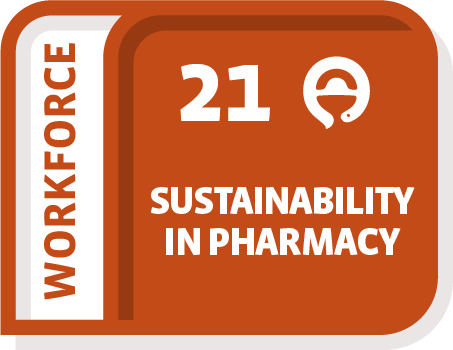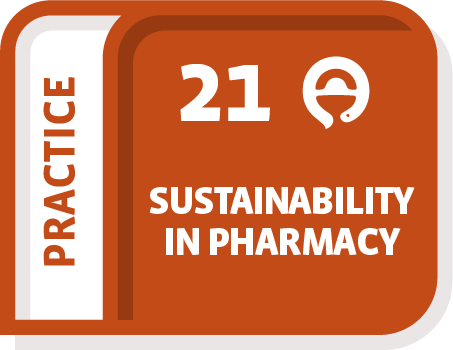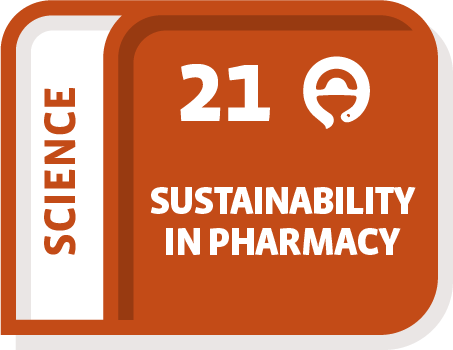
FIP Development Goal 21 Workforce Element
|
FIP Development Goal 21 [w]
|
Globally, we will have: Strategies and systems in place that utilise the workforce to enhance sustainable pharmacy and services. Mechanisms
|
FIP Development Goal 21 Practice Element
|
FIP Development Goal 21 [p]
|
Globally, we will have: Policies, regulations and strategies to ensure the sustainability of the environment and minimise the impact of pharmaceuticals and pharmacy practice, but also the appropriate mechanisms to ensure the sustainability of pharmacy practice itself, through appropriate remuneration models for pharmaceutical services. Mechanisms
|
FIP Development Goal 21 Science Element
|
FIP Development Goal 21 [s]
|
Globally, we will have: Scientific strategies and policies in place to maintain consistent supply of medicinal products throughout lifecycle while limiting negative consequences for the environment
|
Find out more about the 21 FIP Development Goals for transforming global pharmacy here.


